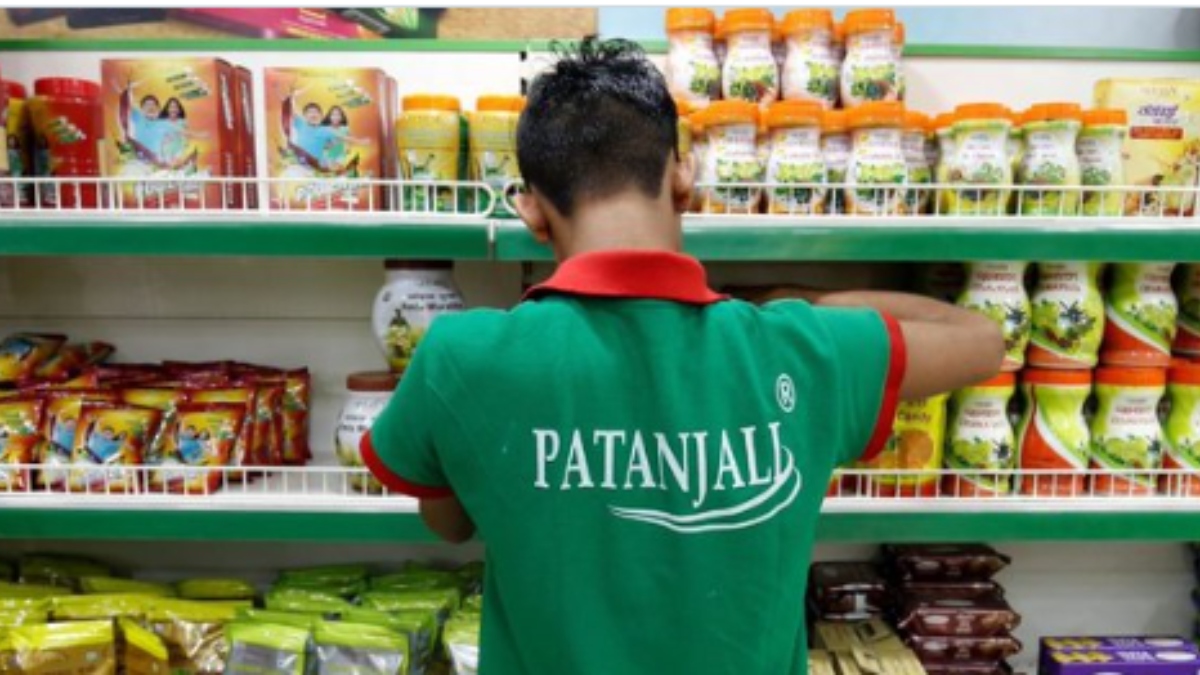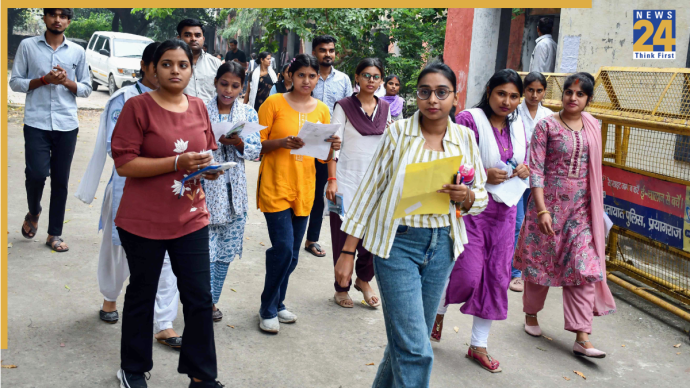The Ministry of Ayush has directed its officials to inform manufacturers of Ayurveda, homeopathy, and other traditional medicines to submit a ‘Self-Declaration Certificate’ (SDC) before releasing any advertisements.
The Supreme Court of India triggered the move to curb misleading advertisements and protect consumer interests through its order dated May 7, mandating that all advertisers and advertising agencies submit a Self-Declaration Certificate before publishing or broadcasting any advertisement.
Starting June 18, 2024, the Ministry of Information and Broadcasting (MIB) requires every advertiser to submit this certificate, signed by an authorized representative, through the Broadcast Seva Portal before airing any advertisement on TV channels or publishing it in print or digital media.
Following the new rule, on May 31, the Ministry of Information and Broadcasting sent a letter to Rajesh Kotecha, Secretary of the Ministry of Ayush, requesting awareness about the new rule.
Also Read: Sukhwinder Singh Offers To Charge Just ‘Two Rupees’ For Film Songs, Here’s Why
The Ministry of Ayush, representing traditional practices and medicines, uses ‘Ayush’ as an acronym for Ayurveda, Yoga, Unani, Siddha, and Sowa Rigpa, as well as Homeopathy. In the past, the industry of Ayush medicines has faced scrutiny for misleading advertisements.
Sanjay Jaju, Secretary of the Ministry of Information and Broadcasting, informed Kotecha, ‘As your ministry plays a crucial role in public health and related fields, we request your support in raising awareness about these new requirements among stakeholders in your respective domains.’
Following the request, the Ayush Ministry instructed all state and union territory officials, known as ‘Ayush Drug Licensing Authorities,’ to inform all Ayush-based drug manufacturers about the ‘new features on the Broadcast Seva Portal of MIB for TV & Radio and the Press Council of India’s portal for print, digital, and internet media, for necessary compliance.’
Under the new rule, all broadcasters and publishers must strictly adhere to this requirement and refrain from broadcasting or publishing any advertisement until the advertiser submits a valid self-declaration certificate. It is their responsibility to ensure that advertisers submit the necessary self-declaration certificate before airing their advertisements.
In April, the Ministry of Ayush issued a warning to all manufacturers of ayurvedic, siddha, unani, and homeopathic products, instructing them to strictly comply with labeling and advertising regulations. Failure to do so could result in legal action against them.
Ayush Ministry Enforces ‘Self-Declaration Certificate’ For Ayurvedic And Traditional Medicine Advertisements#Ayushministry #Ayurveda #Medicine pic.twitter.com/oc2T8E75Zl
— Hello (@hello73853) June 8, 2024
The ministry’s move followed the controversy involving Patanjali’s misleading advertisements, prompting the Supreme Court to demand a public apology.
The ministry informed the industry to refrain from making unsubstantiated claims or displaying false information, such as featuring a ‘green logo’ claiming to be ‘100% vegetarian” or falsely stating that the drug is ‘approved or certified by the ministry.’
It stated that advertisements claiming ‘100% safe’, ‘guaranteed treatment’, or ‘permanent cure’ from ayurvedic, homeopathic, or other traditional drug makers would be under scrutiny.
Also Read: Jammu And Kashmir: Election Commission Commences Assembly Election Procedures













